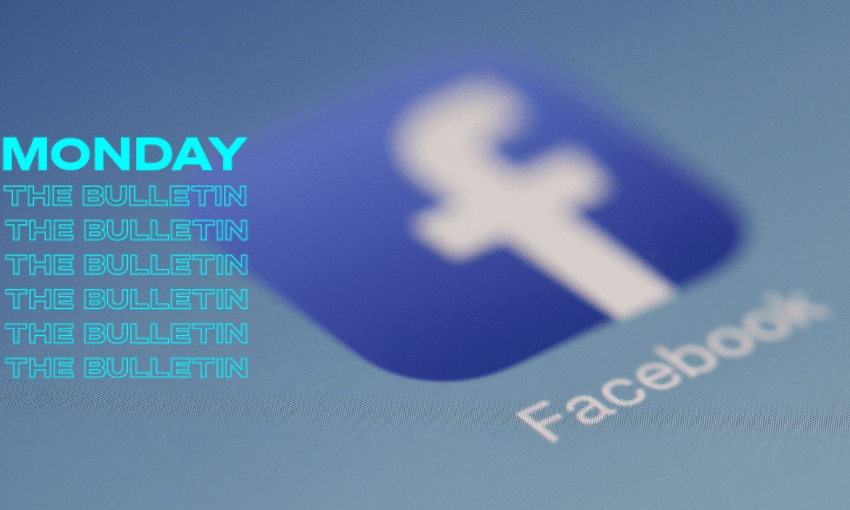One commentator described the changes, which will fundamentally alter a social media platform used by three quarters of New Zealanders, as “the end of the social networking era”, writes Anna Rawhiti-Connell in The Bulletin.
Friends, family and groups will be gone from your main feed
Ten days ago, Meta announced major changes to the Facebook app. Duncan Greive and I have tried to unravel what they mean on The Spinoff this morning. When you open the app, instead of seeing things from sources that you follow, you will soon see algorithmically selected videos from completely random sources that you do not. The platform you have used to keep up with family, friends, your local community, politicians, news, businesses and important information like Covid, natural disaster and emergency updates, is about to radically change. All of that stuff will be shifted to a secondary tab in the app. Axios’s Scott Rosenberg described the forthcoming changes as the “end of the social networking era”.
The company formerly known as Facebook posts first ever revenue decline
Meta, the company that owns Facebook, Instagram and What’sApp, just posted its first ever revenue decline last week. The name change from Facebook to Meta was made in 2021 and represents the future direction of travel for Facebook founder Mark Zuckerberg, who wants to build the Metaverse. For the sake of most people, including myself who does not understand what the Metaverse means, Wired accurately describes it as “the future of the internet. Or it’s a video game. Or maybe it’s a deeply uncomfortable, worse version of Zoom?”
Changes designed to mimic rival app, TikTok
This revenue decline has been attributed in part to a loss of ad revenue because of the privacy changes Apple made recently. Facebook is also facing very stiff competition from TikTok. TikTok is a short-form video app owned by Chinese company Bytedance. It was the most downloaded app in New Zealand last year. It’s not just for dancing or Generation Z either. The New Yorker’s Cal Newport writes: “Facebook is trying to copy TikTok, but this strategy may well signal the end of these legacy platforms.”
Social media functionally relevant to democracy
Whatever your position on the now entrenched dynamics of traditional media, social media, society and the way you get information or communicate with people, social media platforms are now functionally relevant to democracy. Green MP Teanau Tuiono used Facebook to announce that he wasn’t running for the Green Party leadership. One supporter commented that they were impressed “with the way the party’s leaders are using social media to bypass the news media and send clear, constructive messages direct to members and the country.” The changes to Facebook could make that bypass a dead-end for millions in New Zealand who have come to rely on it for the core function of connecting with people they know, or following pages and groups they’re interested in.


